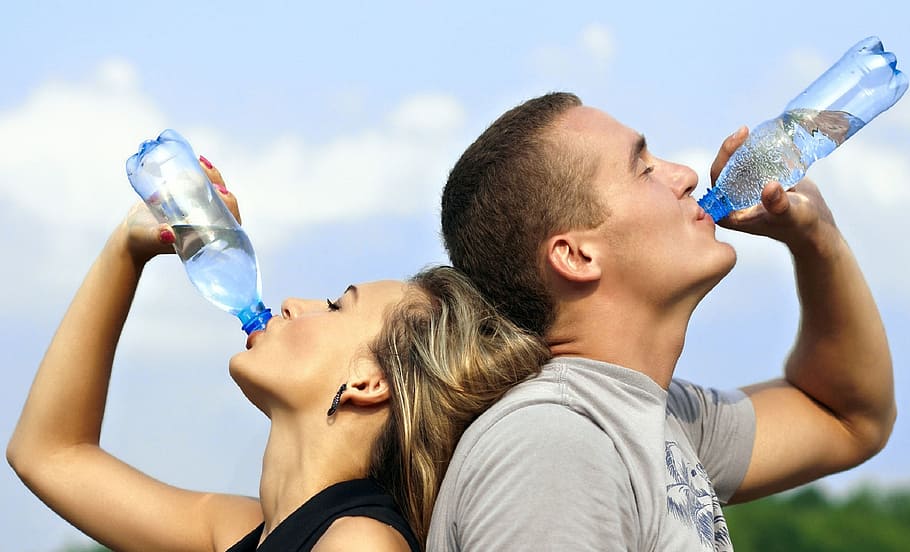7 tips for staying well-hydrated
Our previous post – “The easiest way to improve health: drink more water” – covered the wonderful health benefits we experience simply by being well-hydrated. Which begs the question: if dehydration is so prevalent and the clear solution so beneficial, then why hasn’t it actually proven “easy” for so many of us to drink more water?
Perhaps the primary reason is hydration benefits are mostly out of sight, out of mind. We do not physically feel many of the processes of our bodies using water to hydrate. It’s not like taking pain medication for example, which you quickly notice and attribute to feeling better. Nor like breathing oxygen, where our bodies naturally do it for us. We literally need to choose to sip water. And by the time we experience the most common signal (thirst), we are already dehydrated.
Like most aspects of health, hydration is a marathon, not a sprint. We ideally want to maintain a near-constant state of hydration, though remembering to consistently do so can be challenging.
Here are 7 tips to help prioritize water consumption and improve quality of hydration:
- Drinking at least 1-2 cups of water first thing in the morning. While our activity level drops way off while we sleep, we still sweat and wake up thirsty! Replenish those fluids right away to rehydrate.
- Keeping a cup or bottle with you throughout the day. Consistency is the key for staying optimally hydrated. If you have a bottle with you wherever you go (outside, at your workstation, in the car, beside the couch, etc.) then you have the steady supply and reminder. Win-win! Just opt for glass, stainless steel, or aluminum over plastic containers whenever possible.
- Knowing how much to drink. The general baseline is half an ounce per pound of body weight per day. For instance, a person who weighs 150 lbs should consume at least 75oz each day. And add more based on activity level…
- Drinking water during & around exercise. Proper hydration enhances muscular performance and endurance, and we lose water quickly during even moderately intense exercise. As a rule of thumb, we should consume an extra liter or quart of water for every hour of vigorous activity. Spread it out before, during and after exercise.
- Drinking water during & around mealtime. There are plenty of benefits to staying hydrated before, during and after meals as well. Water helps the body to absorb nutrients and minerals, increasing metabolic rate and satiety (fullness), while aiding in digestion and waste elimination.
- Substituting food and beverage choices. We enjoy a variety of beverages, though there is a point of excess for soda, alcohol, caffeine, and juices. Determine where that point is for you and substitute the excess where possible for more pure water consumption. There are also many fruits and vegetables that are made up of 80-90+ percent water, which contribute towards total daily intake and would make for great substitutions on almost any diet.
- Drinking better water. Remember that water affects most bodily functions, so improving the quality of our hydration is arguably as important as increasing consumption. This one is so important that it requires its own separate post, but the bottom line is water-quality matters. Drinking clean water that contains bioavailable minerals is a must for healthy hydration. And water with natural alkalizing and antioxidant benefits is a bonus.
Not all these tips may work for you, and you may be doing some of them already. But every little improvement helps when it comes to healthy hydration. Drink up!



